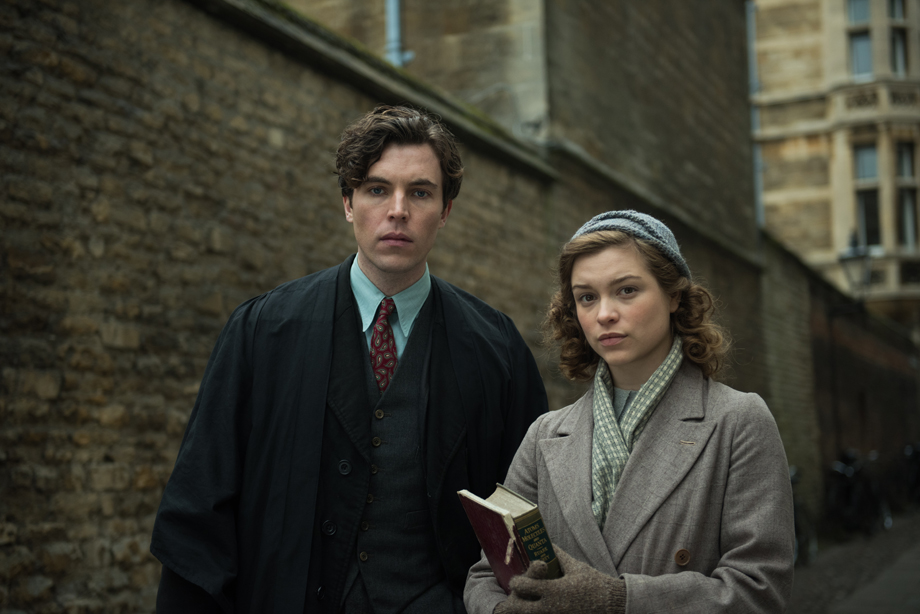Cold War against the grain
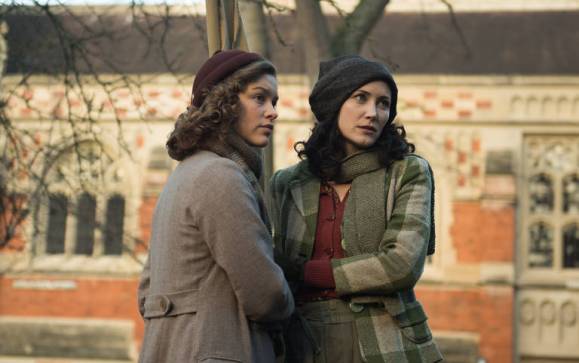
Lately, every time a more rational person makes a critical comment about an extremist government, he is immediately branded a communist. This is actually a self-assertion of political ignorance, to say the least. Another option, perhaps, is that this person went into a coma in the 1970s and just woke up now.
For those who studied History, or at least followed the news of the last decades, know that after World War II and until the end of the 1980s, the world was divided into two large areas of influence. One was dominated by the capitalist United States, and the other by the communist Soviet Union, which still gives the unsuspecting nightmares.
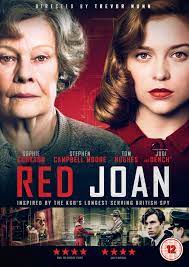
After World War II, communism really seemed to be a threat, as in addition to the mighty Soviet Union, the incipient People’s Republic of China was also taking root. Over the years, several Eastern European countries were dragged into the Soviet area of influence, and the Cuban revolution was also victorious.
This communist threat was countered by the United States with strong support for far-right dictatorships, while fierce propaganda exacerbated this alleged threat. To complicate matters, both the United States and the Soviet Union were developing ever more powerful nuclear weapons, and they constantly threatened each other. This frightened the world, as no one would get out of a nuclear conflict unscathed.
Two very interesting recent films deal with this context, “Red Joan” (UK, 2018) and “The Courier” (USA/UK, 2021). Based on real events of different times, both have remarkable commonalities.
“Red Joan” is inspired by the story of Melita Norwood, a civil servant who passed on secret information about the British nuclear program in the 1940s and 1950s to the Soviet Union. The case was only discovered in 1992, when she was already eighty years old, and because of that the Ministry of Defense withdrew from prosecuting her.
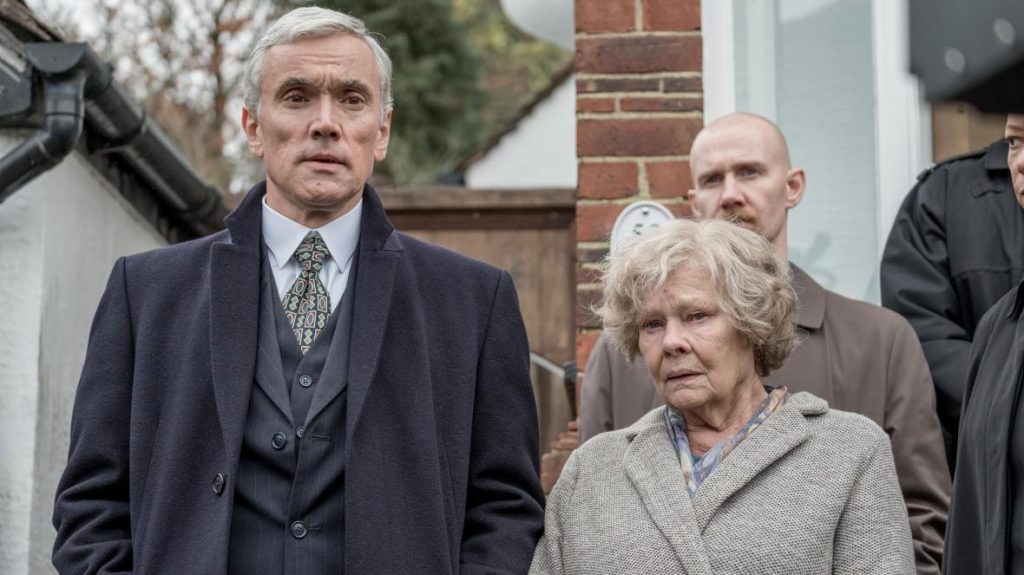
In the film, the character is Joan Stanley, played by Judi Dench and Sophie Cookson at different ages. The entire British community – including Joan’s son – were stunned to discover that nice old lady had been a double spy.
While still at university, Joan had become involved with students who were militating in Communist groups. In the confused pre-World War II era, the greatest threat was Hitler and his mighty Nazi army, and there were already reports of persecution of Jews. One of them, William (Fred Gaminara), was a seductive Jewish-German, who along with his cousin Sonya (Tereza Srbova), tried to attract students to his cause.
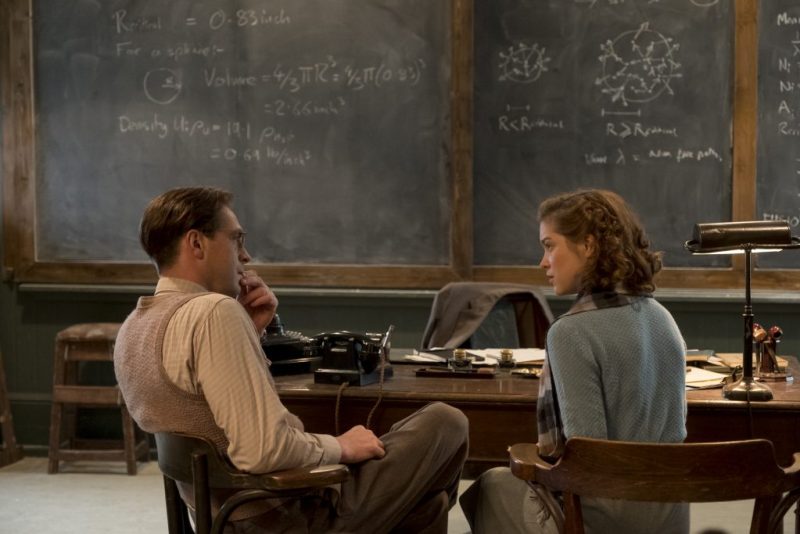
Joan was a brilliant student of Theoretical Physics at university, and upon graduation she went to work in an apparently civilian company that actually conducted atomic research in the UK. Her immediate boss was Max (Stephen Campbell Moore), an enthusiastic scientist who helped the girl a lot in a sexist and exclusionary environment.
The big shock for Joan was to discover that the object of her research had only served to kill thousands of innocent people in Japan, with the atomic bombs dropped on Hiroshima and Nagasaki. That’s when she decided to pass on the information she had access to balance forces between the United States and the Soviet Union.
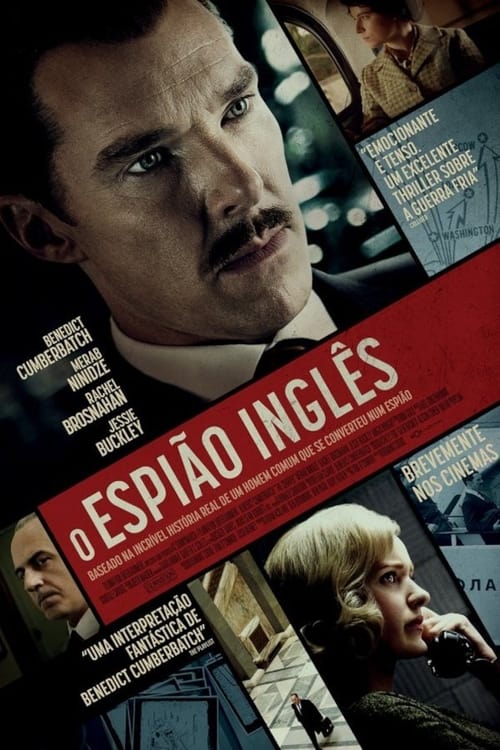
“The Courier” is also about the Cold War in the early 1960s. Oleg Penkovsky (Merab Ninidze), a Russian officer holding numerous medals for deeds of bravery in World War II, is extremely concerned about the extremism of Soviet leader Nikita Khrushchev. By that time, the Soviet Union already possessed a vast arsenal of atomic weapons, and Khrushchev seemed willing to use them, not caring if it could mean the end of the world.
Penkovsky decides to act, and sends a message to the Americans, offering to pass on sensitive information. The Americans do not want to get involved directly, as there was already too much tension between the two blocs, so they asked the United Kingdom for help. Avoiding to get officially involved, UK decided to use a civilian to make contact, and the chosen one is Grevile Wynne (Benedict Cumberbatch), a booze-loving businessman.
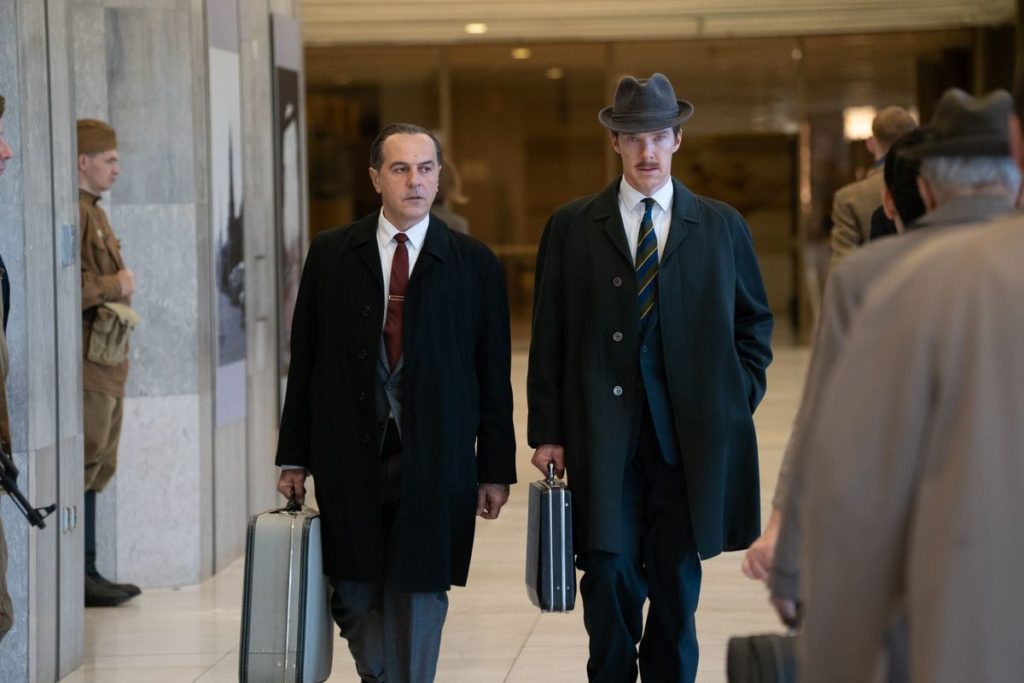
Reluctantly, Wynne goes to Moscow, and forms an unlikely friendship with the Russian, while serving as a carrier pigeon for secret information. Over time, the tension builds, and comes to a climax in the Cuban Missile Crisis.
The two movies are very interesting, and despite talking about real facts, they manage to convey a very exciting atmosphere of tension. This is due not only to careful productions, with excellent period recreations, but also to the work of the actors, in particular Judi Dench and Benedict Cumberbatch.
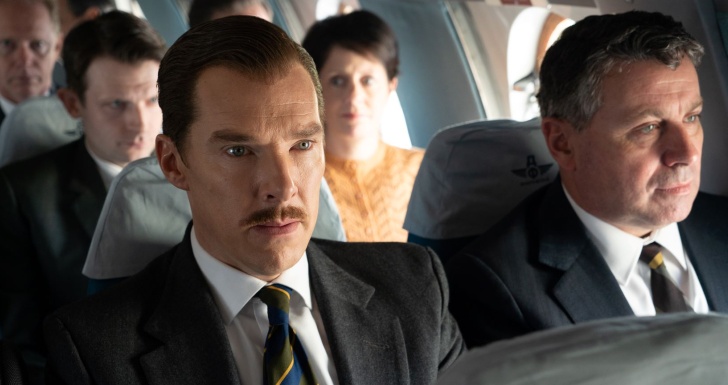
It is very interesting to observe this period with a critical eye, as although we were indoctrinated to think that the American side was good and the Soviet bad, both had goals of domination, and despite criticizing communist dictatorships, the United States supported and encouraged right-wing dictatorships, especially on our continent.
All that changed from the end of the 1980s, with the reunification of Germany and the end of the Soviet Union. After a long period of adaptation from around the world, the ghost of communism reappeared, but basically in the minds of far-right supporters. This is due, I believe, to the need to have an enemy. In the absence of a real enemy, an imaginary one is created.
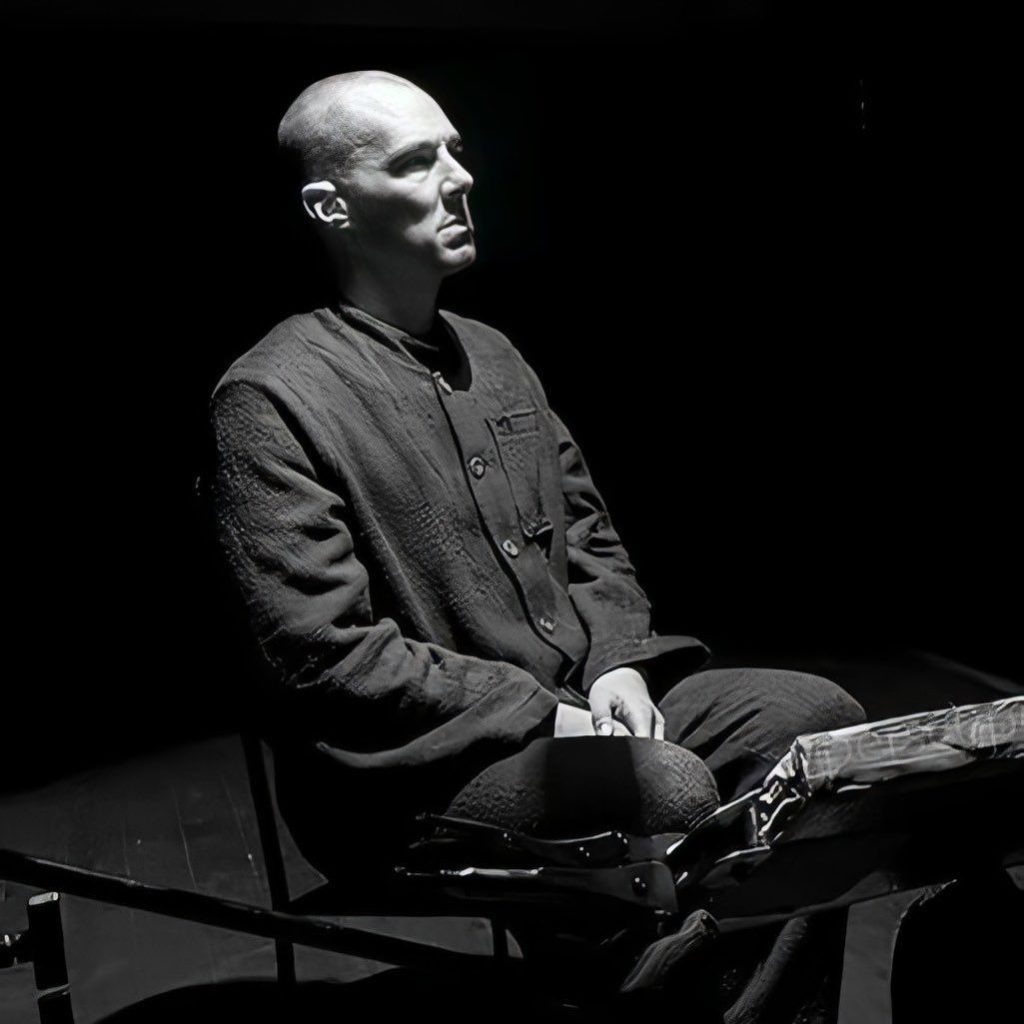
The world has changed, the Cold War is over, but extremism seems to grow stronger every day, with the help of populist leaders, social media, fake news and conspiracy theories. If at the time of the Cold War we were afraid of a nuclear war, what about today, when this war exists between brothers, friends and citizens of the same country? Worse, now even well-meaning spies won’t make a difference.

